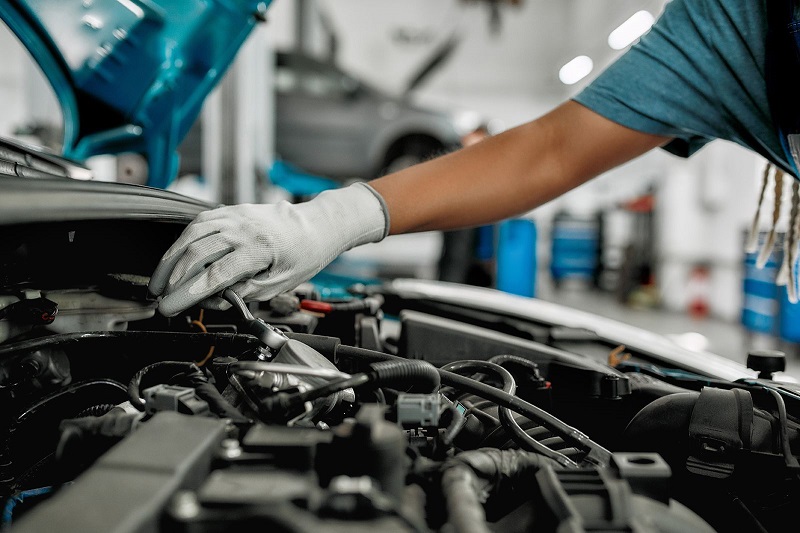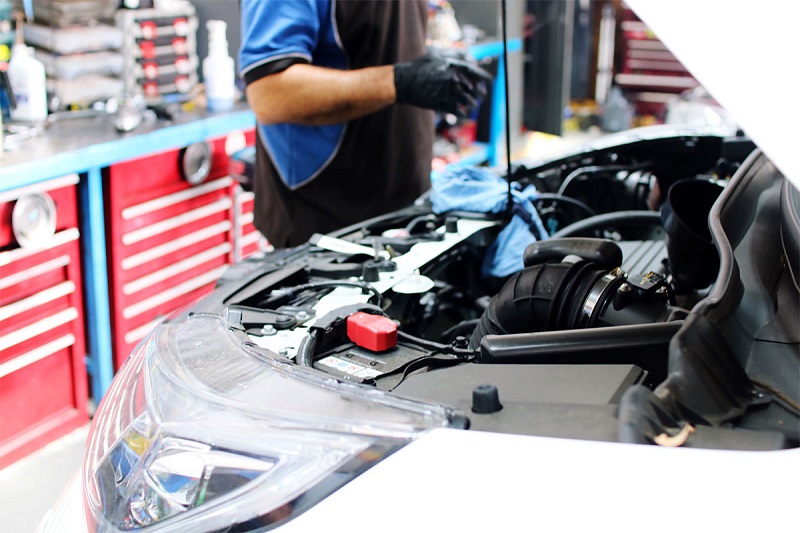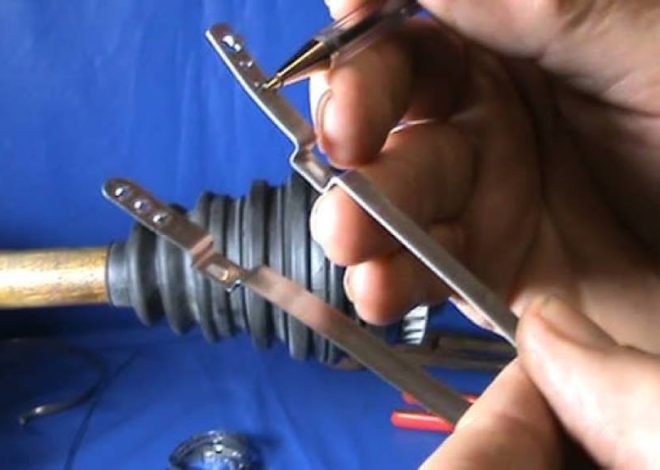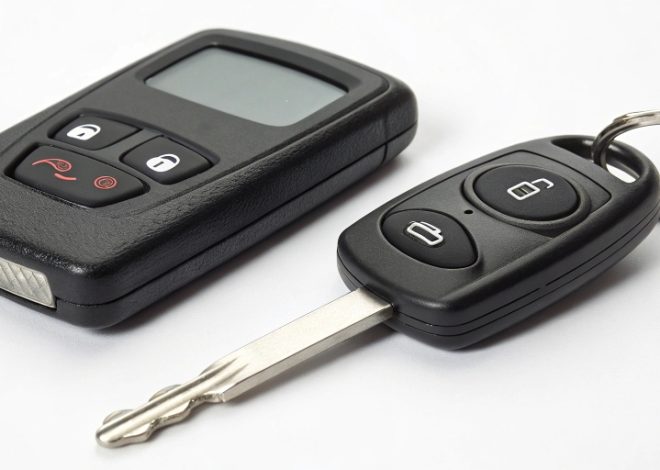
The Most Commonly Repaired Items on a Vehicle: A Comprehensive Guide
Owning a vehicle comes with the responsibility of regular maintenance and occasional repairs. While cars are marvels of engineering, they aren’t without their wear and tear. In this guide, we’ll explore the most commonly repaired items on a vehicle, offering insights to help you understand and address these issues effectively.
1. Brakes and Brake Pads
The braking system is one of the most critical safety features in a vehicle. Over time, brake pads wear down due to friction, necessitating replacements. Regular checks and timely replacements can prevent accidents and maintain optimal braking performance.
2. Tires
Tires endure constant contact with the road, making them susceptible to wear and tear. Punctures, tread wear, and alignment issues are common tire-related problems. Regularly inspecting and rotating tires, as well as maintaining proper tire pressure, can extend their lifespan.
3. Batteries
A vehicle’s battery provides the power needed to start the engine. However, batteries have a limited lifespan and can fail over time. Regularly checking the battery’s health and terminals can help prevent unexpected breakdowns.
4. Oil and Oil Filters
Regular oil changes are essential for a vehicle’s engine to run smoothly. Over time, oil becomes contaminated and loses its effectiveness. Changing both the oil and oil filter at recommended intervals is crucial for engine longevity.
5. Spark Plugs
Spark plugs play a vital role in igniting the air-fuel mixture in the engine cylinders. Over time, they can become fouled or worn, leading to misfires and reduced fuel efficiency. Replacing spark plugs at regular intervals ensures optimal engine performance.
6. Alternator
The alternator is responsible for generating power to charge the battery and operate electrical systems while the engine is running. Issues with the alternator can lead to battery draining and electrical malfunctions. Timely repairs or replacements are crucial.
7. Transmission
The transmission is a complex component that controls the gears in a vehicle. Over time, wear and tear can lead to transmission problems. Regular maintenance, including fluid changes, can extend the lifespan of this critical component.
8. Thermostat
The thermostat regulates the engine’s temperature by controlling the flow of coolant. When it malfunctions, it can lead to overheating or insufficient heating. Replacing a faulty thermostat is a relatively straightforward repair.
9. Water Pump
The water pump circulates coolant through the engine to maintain proper operating temperatures. A failing water pump can lead to overheating and engine damage. Regular inspection and timely replacements are crucial.
10. Suspension Components
The suspension system ensures a smooth ride by absorbing shocks from the road. Components like shocks, struts, and bushings can wear out over time. Addressing suspension issues promptly improves ride comfort and handling.
Conclusion: Proactive Maintenance for a Reliable Vehicle
Regular maintenance and addressing repairs promptly are key to keeping your vehicle in optimal condition. By understanding the most commonly repaired items, you can take proactive steps to ensure your vehicle runs smoothly and safely.
FAQs
Q: How often should I replace my brake pads?
A: Brake pads typically need replacement every 50,000 miles, but this can vary based on driving habits and conditions.
Q: What are the signs of a failing alternator?
A: Warning signs include dimming headlights, a dead battery, strange noises, and dashboard warning lights.
Q: Can I replace spark plugs myself, or should I seek professional help?
A: While it’s possible to replace spark plugs yourself, if you’re unsure, it’s best to consult a professional mechanic.
Q: How often should I have my tires rotated?
A: Tire rotation is typically recommended every 6,000 to 8,000 miles to ensure even wear.
Q: What’s the average lifespan of a car battery?
A: A car battery generally lasts about 3 to 5 years, but this can vary based on factors like climate and usage.




